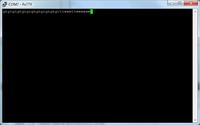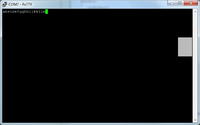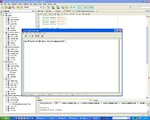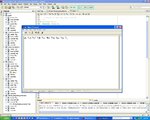NIALA
Junior Member level 1

- Joined
- Jun 9, 2010
- Messages
- 19
- Helped
- 2
- Reputation
- 4
- Reaction score
- 2
- Trophy points
- 1,283
- Location
- Minneapolis
- Activity points
- 1,408
Hi , seeking a little help
My goal : establish serial communication between an hyper terminal and a PIC16F877A using a C code.
Tools : MPLAB X IDE V1.80 and the c compiler is XC8 Compiler.
I define a init file InitUART() to initialise the register
An infinite loop where I received and transmit a character through registers when they are full.
I wasnt able to establish communication so far and open for some suggestions.
thanks!!!
My goal : establish serial communication between an hyper terminal and a PIC16F877A using a C code.
Tools : MPLAB X IDE V1.80 and the c compiler is XC8 Compiler.
I define a init file InitUART() to initialise the register
An infinite loop where I received and transmit a character through registers when they are full.
I wasnt able to establish communication so far and open for some suggestions.
thanks!!!
Code C - [expand]
Last edited by a moderator:




